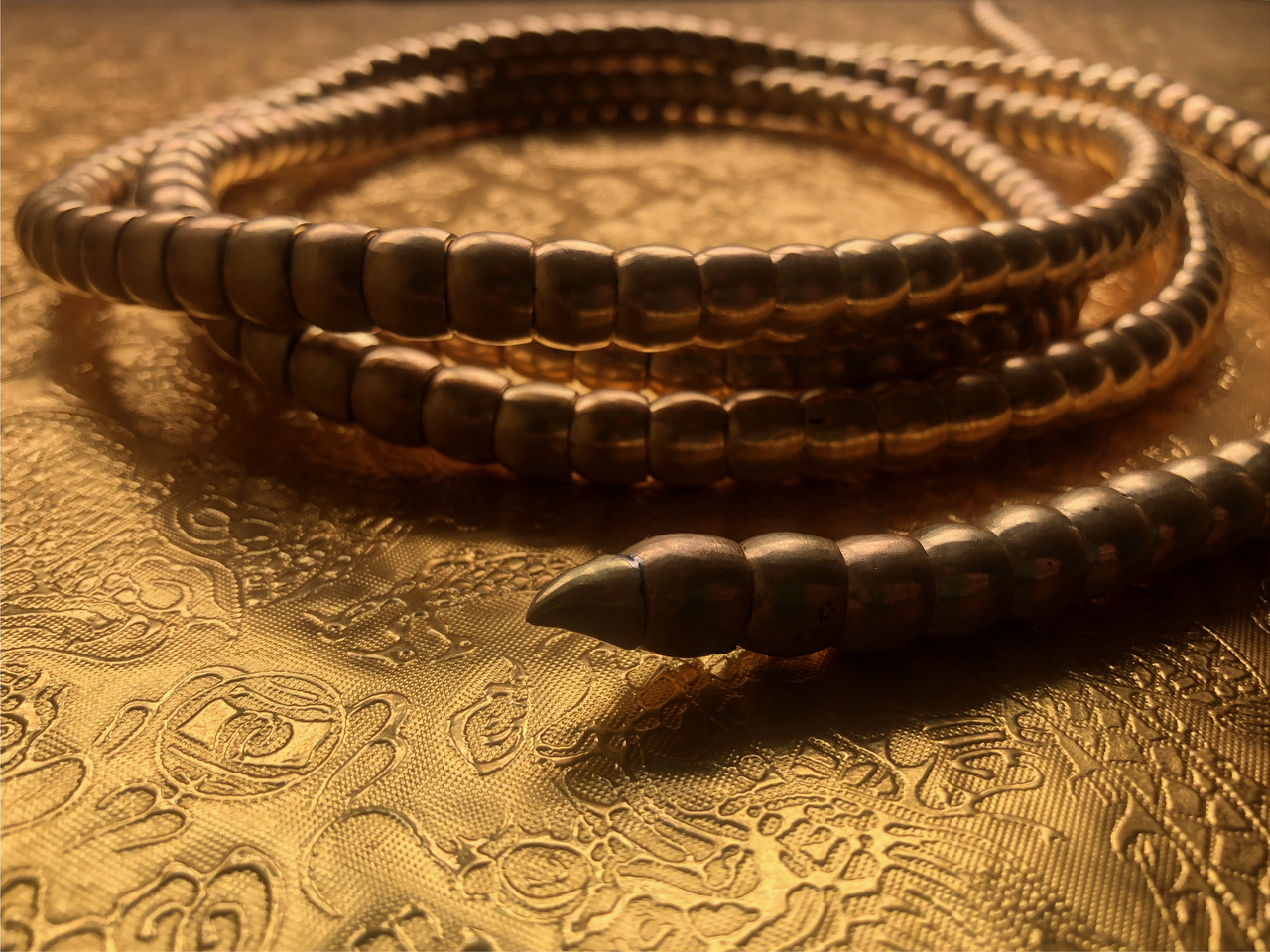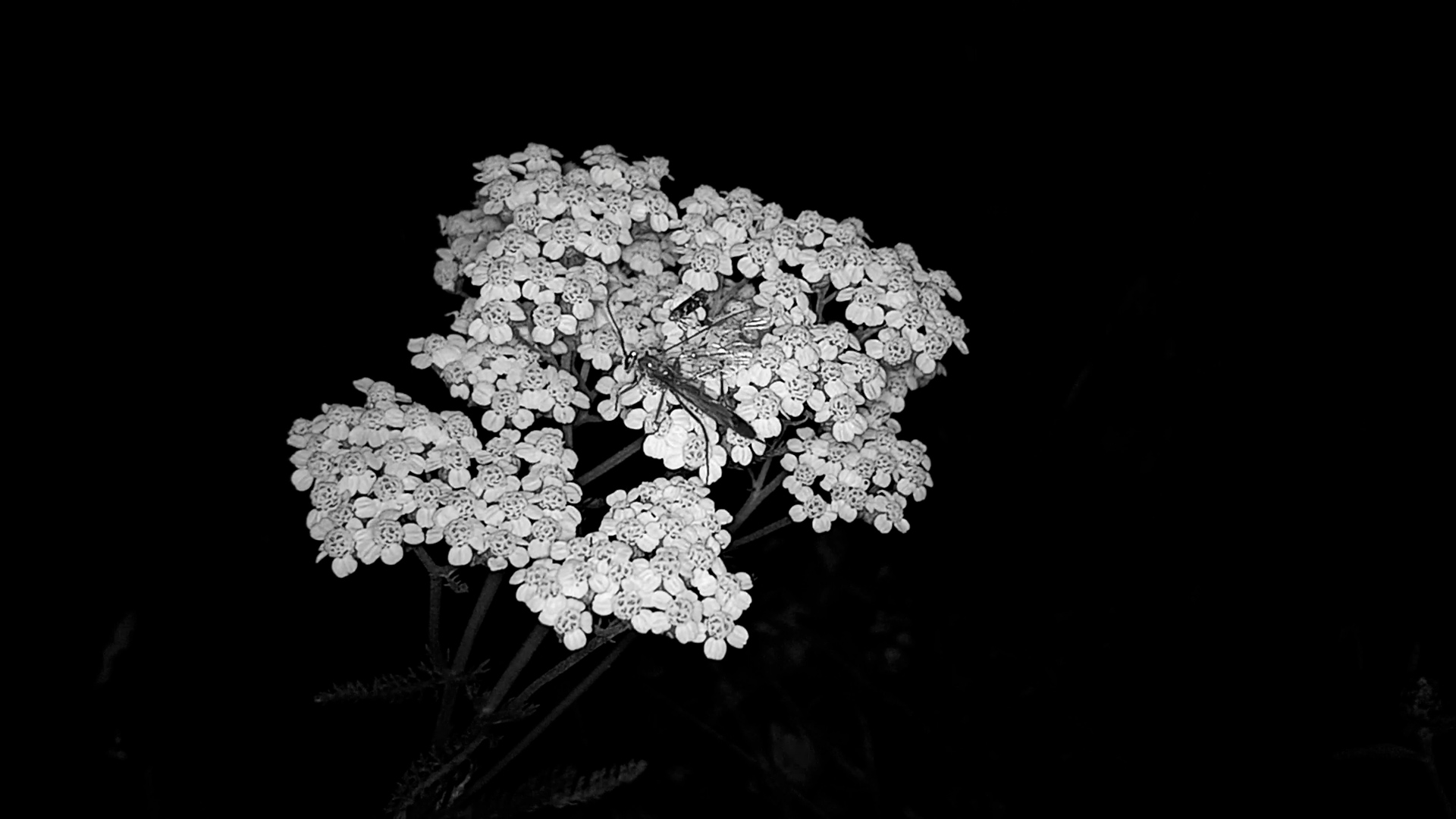Exhibitions
Anthropomorphisms. Invertebrate Tuning Essays
An exhibition by alfonso borragán (in collaboration with Ignacio Hernández, Carmen Borragán, Marco Loayza, Jonathan Loayza, Jaime Rodríguez, Carlos Condori Romero, Jhoh Alan Choquevillca, Jorge Pavisic, CREAT, José D. Gilgado, Ma. René Vacaflores, Claudia López and Elena Zahera) and Paula Bruna (in collaboration with Luis Palazzesi, Iván Pérez Lorenzo and Oriane Hidalgo), curated by Marta Dahó.
GRANOLLERS
Museu de Ciències Naturals de Granollers – Carrer Palaudàries, 102
From October 10, to November 24
Schedule
From Sunday to Saturday 16.00 – 19.00 h
Sundays 12.00 – 14.00 h
What happens when we stop underestimating other species, when the pretensions of human superiority begin to yield in the face of the extraordinary capacities of other living beings? The work of alfonso borragán and Paula Bruna, carried out in collaboration with a number of entomological and botanical researchers, dislodges us from our fatally anthropocentric position to connect with what is still imperceptible for us: other time scales, other rhythms, other sensitive forms different from the humane ones. The exhibition Anthropomorphisms. Invertebrate Tuning Essays proposes a poetic and speculative exercise, as well as a series of propitiatory rituals that arise from the desire to imagine other possible ways of coexistence. In this case, with some of the living beings with respect to which, despite their importance in the terrestrial ecosystem, we feel a profound distance, those whom we generally avoid contact with: the arthropods.

alfonso borragán in collaboration with Marco Loayza, Jonathan Loayza, Ignacio Hernández and Jaime Rodríguez. Vertebra: Activador peregrinatorio de diplopoda. Bronze, perforated human skin and pheromones of anadenobolus monilicornis. La Paz (Bolivia), 2024

Paula Bruna, Luis Palazzesi, Iván Pérez Lorenzo and Oriane Hidalgo. Noctes Achilleienses (Achillea Nights), video, 2023.
alfonso borragán
(Santander, 1983). alfonso borragán’s practice is articulated between research, teaching, collective processes and performative action. He explores and activates relational processes, physical and metaphysical, with the earth, usually though collective processes and collective actions. His practice is manifested inside the fragility of collective processes and the ephemerality of action, like a latent image in constant change. His work has been described as a “vague momentum”, the critical instance where the generation of images is potentiated.
As an artist, he tries to channel an experience, building situations and devices that are born to be consumed and that try to modify the perception of reality, interfere or expand it. These develop at a symbiotic level with humans, through a correspondence that is activated through them and disappears with them. His works are articulated among them as part of a system of relationships in process.
As part of his work methodology, he activates long periods of research related to the context. Build interdisciplinary teams with scientists, anthropologists, geologists, farmers and other knowledge that expand and develop different views during these processes.
Paula Bruna
Paula Bruna (Barcelona, 1978) holds a PhD in Fine Arts (Universitat de Barcelona) and a BA and MA in Environmental Sciences (Universitat Autònoma de Barcelona). She is currently a postdoctoral artistic researcher at the Department of Animal Biology, Plant Biology and Ecology of the Universitat Autònoma de Barcelona, being probably the only artistic researcher in our country in the staff of a scientific research center. Paula also teaches at the BAU university center.
As an environmentalist and artist, she investigates the relationships between human societies and their ecological environment from non-human perspectives, using a combination of scientific facts, speculative fiction and artistic practices. Her main hypothesis is that exploring points of view other than the current anthropocentrism provides knowledge, has effects on ecological awareness and opens the range of possible ways of coexistence. In her research, Paula uses a combination of science-based speculative fiction and artistic practices to approach non-human perspectives. Far from anthropomorphizing the other, Paula calls for the need to “de-anthropomorphize” our society for a better understanding of the environment and ourselves as part of it.
Marta Dahó
Marta Dahó (Milan, 1969) is a curator and lecturer. With a PhD in Art History from the University of Barcelona, since 1995 she has curated numerous exhibitions for institutions and festivals of international prestige such as La Virreina, where she has presented an extensive exhibition of Guido Guidi. Da zero in whose edition he curated Jorge Yeregui’s Deshacer, borrar, Activar or the Fundación Mapfre, with whom he has organized three major retrospectives dedicated to the work of Bleda y Rosa (2022), Stephen Shore (2014) and Graciela Iturbide (2009). In addition she has published numerous essays and articles for various publications and catalogs, and has edited the book Fotografía y exposición. Saberes cruzados (2022) which brings together the series of conferences held at KBr. Fundación MAPFRE. Since 2006 he combines curating with teaching (UNIR, Idep, LCI and Elisava).

